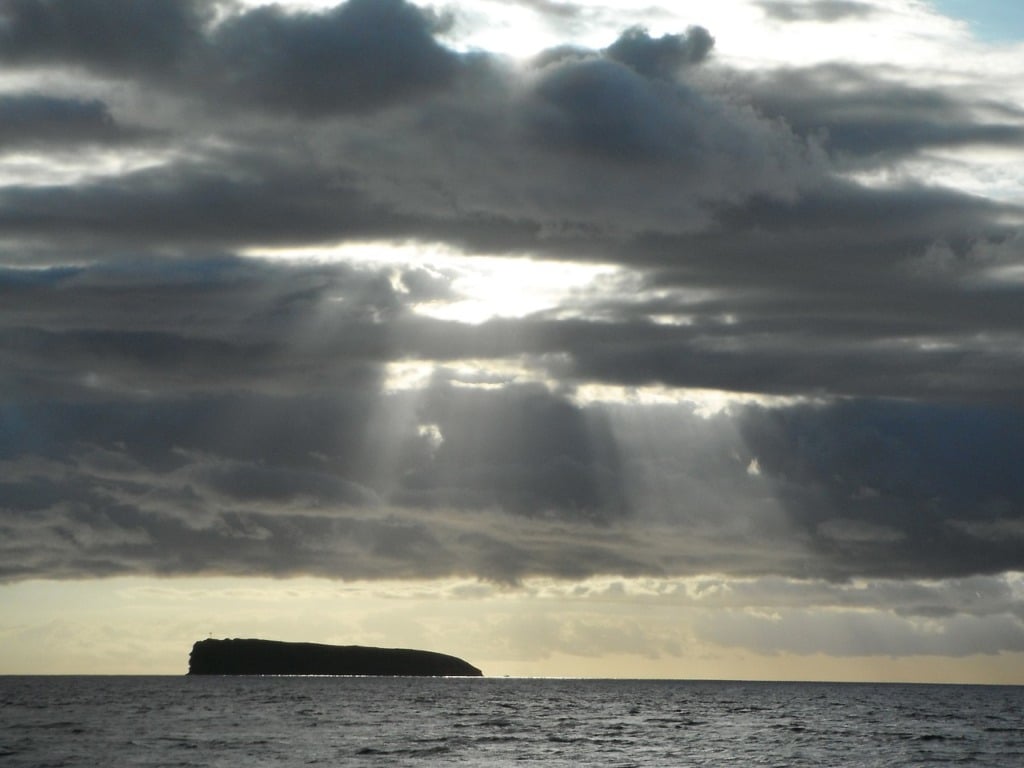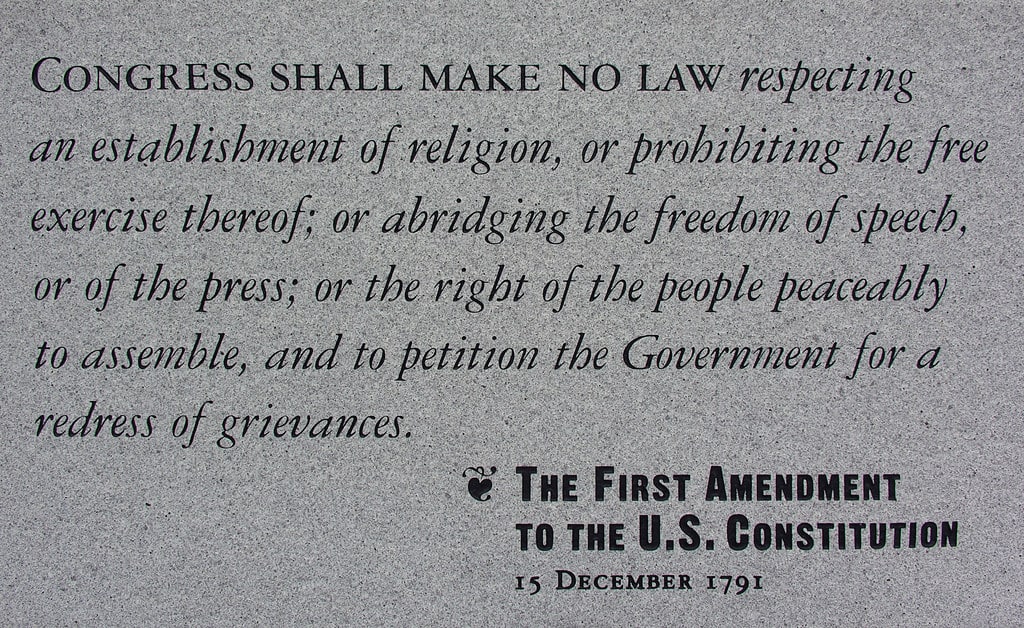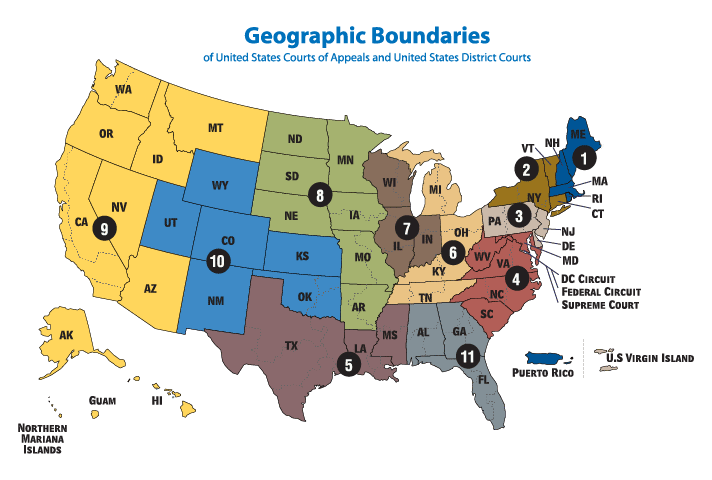Liability Waivers and Statutory Interpretation
In 1936, Congress passed a law to prevent companies in the business of transporting people across the ocean from writing liability waivers into their contracts. That law, currently codified at 46 U.S.C. 30527(a), reads as follows: The owner, master, manager, or agent of a vessel transporting passengers between ports in the United States, or between…
Continue ReadingSaying Yes to the World, But No to Personal Jurisdiction
The Northern District of California (Judge Susan Illston) recently dismissed for lack of personal jurisdiction a suit brought by California residents against the German airline Lufthansa for harms emanating from the plaintiffs’ experience boarding a flight in Saudi Arabia en route to San Francisco. As the court noted in Doe v. Deutsche Lufthansa Aktiengesellschaft, the…
Continue ReadingHow To Find Personal Jurisdiction Over Foreign Website Operators
The Supreme Court’s recent personal jurisdiction decisions have raised more questions than they have answered. Meanwhile, the high Court has studiously avoided explaining how twentieth-century personal jurisdiction doctrine should map onto a twenty-first century world defined by Internet commerce, global supply chains, and cloud computing. The work of maintaining and updating a practical framework for…
Continue ReadingNinth Circuit Creates Split on Serving Motion to Confirm Arbitration Award
How does one serve process to confirm an arbitral award on parties outside the United States? The answer turns out to be quite complicated. In Voltage Pictures LLC v. Gussi S.A. de C.V., the Ninth Circuit charted a careful path through the maze of interactions between the Federal Arbitration Act (“FAA”) and the Federal Rules…
Continue ReadingCongress Amends the TVPRA to Correct Ninth Circuit’s Erroneous Ruling in Ratha
Last year, in Ratha v. Phatthana Seafood, the Ninth Circuit held that civil liability under the Trafficking Victims Protection Reauthorization Act (TVPRA) does not extend to those who attempt to benefit from forced labor. After the court denied en banc review, the Human Trafficking Legal Center and other human and workers’ rights organizations asked Congress…
Continue ReadingFair Use, the First Amendment, and the Enforcement of Foreign Judgments
A court in the United States is not required to enforce a foreign money judgment when that judgment is “repugnant to the public policy of . . . the United States.” The First Amendment to the U.S. Constitution is the classic example of U.S. public policy on freedom of speech and freedom of the press….
Continue ReadingSection 230 and the Presumption Against Extraterritoriality
The Ninth Circuit opinion in Gonzalez v. Google (2021) raises important questions about how the presumption against extraterritoriality applies to immunity defenses invoked by social media companies under 47 U.S.C. § 230.Section 230 shields internet companies from civil liability for user-generated content hosted on their platforms. Gonzalezholds, effectively, that there is no conceivable application of…
Continue ReadingNinth Circuit Deepens Split over Extraterritoriality of Civil RICO
In a recent decision, Smagin v. Yegiazaryan, the Ninth Circuit weighed in on a circuit split involving the extraterritorial application of RICO’s private right of action. In determining whether there is injury to business or property in the United States, the court rejected the Seventh Circuit’s residency-based test, siding instead with the Second and Third…
Continue ReadingHow Do Federal Courts Treat Foreign Parallel Litigation?
The Supreme Court has not explained how federal judges should evaluate parallel litigation in foreign courts. If the same parties are litigating the same issues before a foreign tribunal, should the federal court stay its hand? Or should it proceed until one or the other of the cases results in a judgment? The traditional European…
Continue Reading








